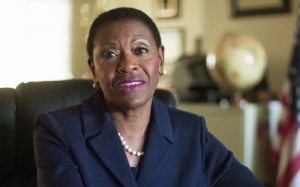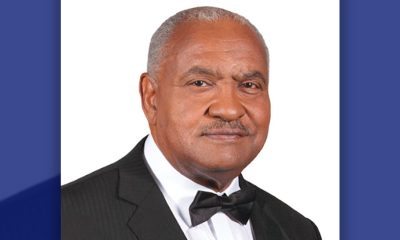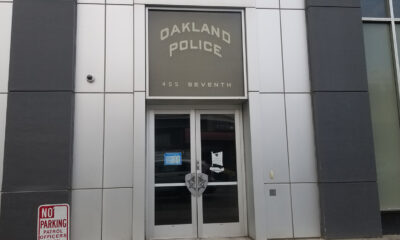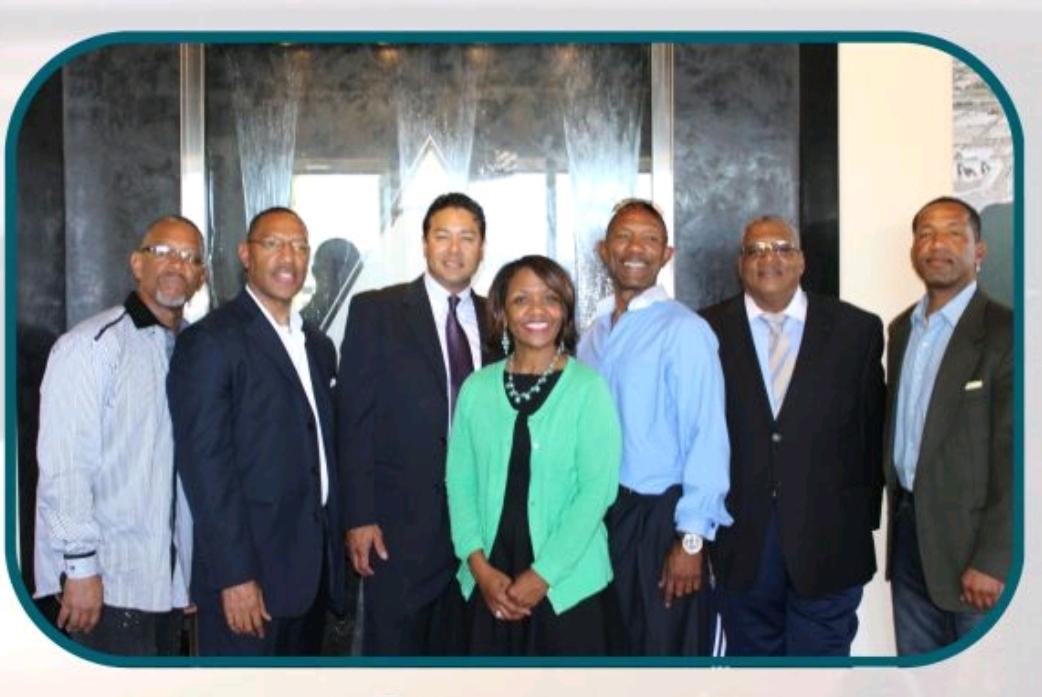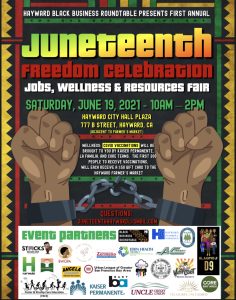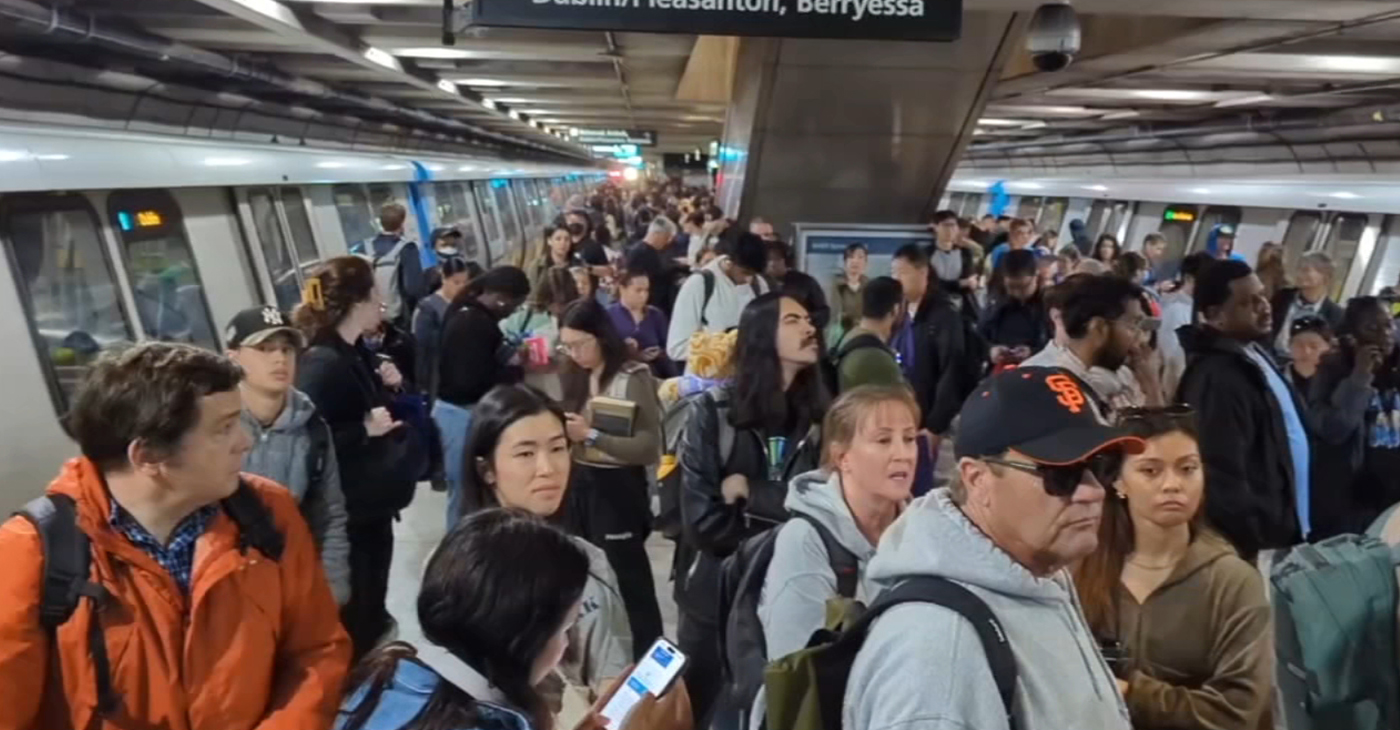Black-owned businesses in California and around the country are closely watching as Speaker of the House Nancy Pelosi decides when she has enough support from the congressional Democratic caucus to call a vote on the $1.2 trillion bipartisan federal infrastructure spending bill.
Dubbed the “American Jobs Plan” by the Biden administration, the spending bill finances construction projects, airports, roads, bridges, education initiatives, and more. As a component of Biden’s broader “Build Back Better plan,” the legislation includes spending to combat climate change and support expanding the country’s social service and safety net programs for lower income families.
The infrastructure bill is expected to expand opportunities for small businesses, including minority-owned ones, who procure contracts to implement various parts plan, hopefully accelerating racial equity, minority business owners say.
Some Black business owners are concerned that, as has often been the case with large government spending programs, they will be overlooked.
“Here is an opportunity for Black businesses to profit from unprecedented taxpayer spending that will help build all of our communities across America. But we also know, from the past, that inclusion of Black-owned and other minority-owned businesses is not always automatic in situations like this,” said Gene Hale, president of the Greater Los Angeles African American Chamber of Commerce.
“Even informing us that these opportunities exist – letting us know how we can grow and secure our businesses – is never a priority,” added Hale. “That has to change.”
Rep. Barbara Lee (D-CA-37) said the infrastructure plan reflects the agenda that helped Democrats reclaim the White House.
“The needs in our communities, especially for Black and Brown people, are too great to be put on hold,” said Lee in a statement issued on Sept. 22. “This is an opportunity for Democrats to be unified in our goal of realizing the vision and promise of this nation.”
United States Deputy Secretary of Commerce Don Graves said the financial investment by the federal government is “historic in nature” and should allow California Black businesses to utilize goods and services represented the plan’s vision.
“It’s making sure that Black-owned businesses have the opportunities, that for decades, missed out on,” Graves told California Black Media in a one-on-one interview by telephone. “We’re going to make certain that Black businesses have a seat at the table because the President has required that every agency have a plan for how Black businesses are going to be included in every single investment decision.”
The Senate passed the infrastructure bill on August 10 and a budget reconciliation bill that calls for an additional $3.5 trillion more in spending is being debated. Now the House of Representatives has to approve the legislation and forward it to Biden for his signature.
Pelosi (D-CA-12) has yet to set a date for a floor vote on the bill as a battle continues between liberal and moderate Democrats on the package’s price tag.
“Let’s be clear: for months, progressives have been open, honest, and transparent with House leadership and the administration about our focus on passing both bills,” Lee stated. “We all proudly support the President’s entire Build Back Better package, which is why, from the inception of these negotiations, my colleagues and I advocated for the passage of the Bipartisan Infrastructure Framework alongside the reconciliation package.”
The Senate infrastructure bill includes an amendment that would allow the Minority Business Development Agency (MBDA) to become a permanent fixture of the federal government.
The amendment will expand the agency’s ability to open regional offices and rural business centers. The outreach facilities would be managed through historically Black colleges and universities (HBCUs) and other minority-serving institutions (MSIs), according to the office of Democratic Sen. Ben Cardin of Maryland, who co-sponsored the measure with Republican Sen. Tim Scott of South Carolina.
Minority business owners have historically been systematically excluded from securing often lucrative federal contracts for infrastructure work, such as building bridges and highways, Graves said.
According to a 2016 MBDA report, public contracting data indicated that disparities exist in contracting activity between minority and non-minority business enterprises.
Specifically, the report revealed that minority business enterprises (MBEs) typically secure a lower number and dollar amount of contracts in proportion to the number of MBEs that are available in the marketplace to bid on and perform contract work.
Graves told CBM as the federal government “deploys” infrastructure funding the old way of bidding on contracts will be eliminated.
“(MBDA) is the single agency across the federal government that is focused solely on supporting the growth and long-term success of minority businesses,” Graves said. “(MBDA) is working with every single federal agency to make sure that as we deploy these dollars, make these investments, minority businesses are right there at the table.”
Under the guidance of Secretary of Commerce Gina Raimondo, Graves is tasked with administering increased job opportunities, establishing economic policies to shore up small businesses and train workers for in-demand jobs.
Graves, the 19th deputy Secretary of Commerce, is also African American and comes from a family of successful business people.
Graves’s four-times great grandparents operated a successful horse and buggy taxi business in Washington, D.C., that once stood at the site of the Department of Commerce’s headquarters. Their son went on to be a proprietor of a widely regarded hotel nearby and become one of our nation’s first Black patent-holders through the U.S. Patent and Trademark Office.
In California, voters rejected the 2020 general election Proposition (Prop.) 16, a ballot measure that would have reinstated affirmative action in California. Over 56% of the state’s 11 million voters checked “no” on the measure.
What appears to be a barrier on the state level, at the federal level, Graves said “the door is open for all of us.” The federal government is asking states and localities to develop plans to make sure no minority business is dissuaded from participating in the plan.
“We want to see how they play to use these dollars effectively in an inclusive and equitable way to make certain that opportunities exist for every minority business out there (in California) that have capabilities,” Graves said. “We do want to make sure they don’t get discouraged or turned away.”
The infrastructure plan, Graves listed, would also eliminate lead pipes in drinking water systems, provide high-speed broadband, upgrade schools and federal buildings, replace buses and rail cars, and more.
“It’s also the single-largest public investment in history and the most important investment in ensuring that every American has access to reliable, affordable broadband,” he said.


 #NNPA BlackPress4 weeks ago
#NNPA BlackPress4 weeks ago
 #NNPA BlackPress4 weeks ago
#NNPA BlackPress4 weeks ago
 #NNPA BlackPress4 weeks ago
#NNPA BlackPress4 weeks ago
 #NNPA BlackPress4 weeks ago
#NNPA BlackPress4 weeks ago
 #NNPA BlackPress4 weeks ago
#NNPA BlackPress4 weeks ago
 #NNPA BlackPress3 weeks ago
#NNPA BlackPress3 weeks ago
 #NNPA BlackPress4 weeks ago
#NNPA BlackPress4 weeks ago
 #NNPA BlackPress3 weeks ago
#NNPA BlackPress3 weeks ago
